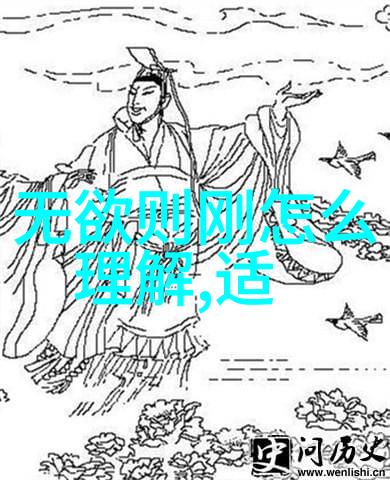Simplifying Complexity: Decoding the Meaning Behind '大道至简' in English

The Essence of Simplicity
In a world where complexity and intricacy are often celebrated, it is refreshing to find wisdom in simplicity. The concept of "大道至简" (Dà Dào zhì Jiǎn), or "the great way is simple," embodies this idea and offers profound insights into life's complexities. While the phrase itself may seem straightforward, its meaning runs deep, transcending cultural boundaries.

Deciphering Daoist Principles
To understand the essence of "大道至简," we must first delve into Daoism, a philosophical school that has shaped Chinese thought for millennia. At its core lies the concept of Tao (Dao), which refers to an unnamable, eternal principle that governs all existence. This principle is not just a philosophical construct but an experiential reality – it can be felt through nature's cycles and patterns.

Finding Common Ground Between East and West
While Daoist principles might seem foreign to Western audiences, they share common ground with various concepts across cultures. For instance, Aristotle's notion of telos—the inherent purpose or end goal—mirrors the idea of aligning oneself with Tao. Similarly, Buddhism's emphasis on mindfulness resonates with Daoist teachings on living in harmony with nature.

Interpreting '大道至简' Through an English Lens
So how do we translate such complex ideas into English? A suitable translation could be "the grand truth lies in simplicity." Herein lies the challenge – finding words that capture both literal meaning and spiritual depth while maintaining linguistic coherence.

Navigating Life's Complications with Ease
As humans struggle to navigate life's complexities—a never-ending stream of decisions and responsibilities—it becomes increasingly important to embrace simplicity as a guiding principle. By letting go of unnecessary complications and embracing clarity over convolution, individuals can cultivate inner peace amidst chaos.
A Comparative Analysis: Interpreting Cultural Nuances
Comparing different translations reveals their strengths and weaknesses when conveying nuances specific to each language:
"The Great Way Is Simple": This translation retains literal meaning but lacks depth.
"The Grand Truth Lies In Simplicity": More evocative than direct translations; however,
loses some nuance due to word choice limitations.
"Simplicity Is The Ultimate Sophistication": Offers another perspective yet does not fully convey original intent.
Each translation has its merits but none perfectly encapsulates '大道至简.'
Conclusion: Embracing Universality Through Simplification
Ultimately,'大道至简最贴切的英文翻译' remains subjective due to cultural differences between languages—and within them too—but one thing remains clear: embracing simplification allows us access universal truths regardless our origin or belief system.
By contemplating these deeper meanings embedded within seemingly simple phrases like 'daodao zhi jian,' we come closer understanding ourselves better as part individuals connected by shared human experiences across time-space continuum & transcendental wisdoms beyond mere mortal comprehension!



